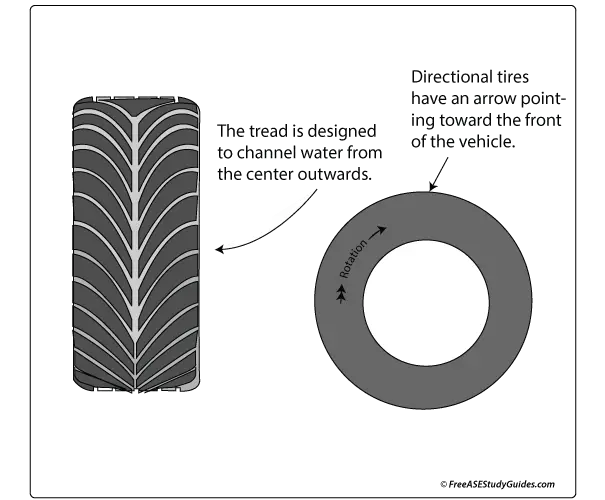I was a bit skeptical when creating this Douglas tires review. There was a shortage of information regarding the brand, and people had mixed reviews about the performance and durability of Douglas tires.
In order to provide a comprehensive and honest review, I did a lot of research regarding the brand. As fate would have it, I didn’t find much. There were still a lot of unanswered questions that needed further clarification. My advice to you is to take this review with an open mind and an open wallet because if there’s one thing good about Douglas tires, it’s the rock-bottom price.
Douglas tires are a budget alternative to other expensive brands. You can spend anywhere from $300 to $500 on a decent set of tires. With Douglas tires, this is not the case. You can replace all four tires in your vehicle for around $200 or less and still have enough change for a tall Mocha Frappuccino.
Douglas Tires – The BrandDouglas tires are exclusively distributed by Walmart. This means that Douglas tires are only sold at Walmart stores. According to Senior Manager of PR and Brand Reputation at Walmart, Douglas tires are a proprietary brand to Walmart produced by a leading manufacturer of tires.
Upon further research, I was able to find out that a US Federal Trademark Registration was filed for the Douglas brand by the Goodyear Tire and Rubber Company on the Friday of August 14, 1992.
Ah, the plot thickens. Does this mean that Douglas tires are the result of an agreement or collaboration between Walmart and Goodyear? The funny thing is that despite these facts, Walmart itself refused to confirm if Goodyear manufactures the Douglas brand of tires.
So much for this corporate talk. The important thing to know right now is to determine if Douglas tires are worth the risk since this is a budget tire aiming for the heartstrings (and wallets) of car owners all over the USA.
Why Choose Douglas Tires?As an added bonus, you can also shop online at the Walmart store. I think that this type of convenience is a plus since there are approximately 4,000 Walmart Supercenters and discount stores nationwide. It is safe to assume that Douglas tires are within easy reach.
I think that this type of convenience is a plus since there are approximately 4,000 Walmart Supercenters and discount stores nationwide. It is safe to assume that Douglas tires are within easy reach.
Douglas tires are one of the more affordable alternatives in the market today. They are priced similarly to other budget-friendly brands such as Laufenn tires and Ironman tires.
Douglas tires are not only affordable because they come with a 45k-mile treadwear limited warranty. But there’s a catch to this. The tires will have to be mounted at Walmart stores in order to file a warranty claim. If you bought the tires from Walmart and had those mounted elsewhere, you might find it difficult to obtain a warranty claim. We’ve heard this complaint from other consumers so I think it’s better to talk to your local Walmart Supercenter to get complete details about the warranty.
Douglas Tires Review Douglas All Season TiresDry
80%
Wet
80%
Snow
60%
Comfort
80%
Noise
60%
Treadwear
60%
Value for Money
80%
Overall
72%
at SimpleTire.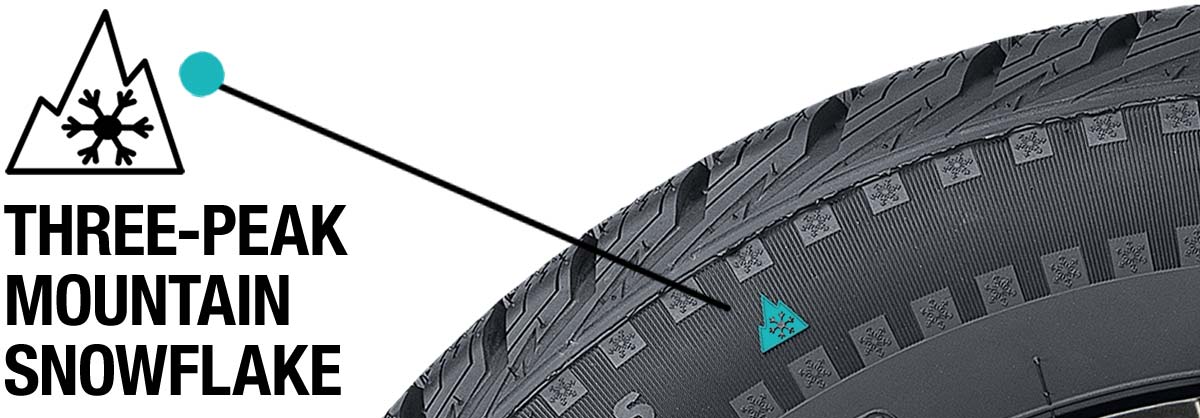 com at PriorityTire.com at Amazon.com
com at PriorityTire.com at Amazon.com
First, the facts. Douglas All-Season tires are engineered for comfort and all-weather performance. If you like to drive aggressively fast, this is not the tire for you.
I got the chance to drive a seasoned 2005 Honda Accord fitted with the Douglas all-season tires and I got mixed reviews in my head.
The tires were really comfortable and hushed when driven on smooth roads. However, when the roads got bad, the tires were emitting a loud thumping sound inside the cabin.
Traction was particularly good on dry roads. I had no chance to test the wet-weather performance of the tires, but I heard from the owner of the Accord that it was good in the wet as well, as long as you’re driving within the speed limits.
The Douglas All-Season tire is engineered with circumferential grooves and blades along with specially-designed center notches to improve traction and grip. It comes with a 45,000-mile treadwear warranty and a speed rating of H. This tire is good for sedans, sports coupes, minivans, and small crossovers since it comes in a wide array of sizes.
This tire is good for sedans, sports coupes, minivans, and small crossovers since it comes in a wide array of sizes.
Other car owners had issues with tire leaks and sidewall damage, but most of them were caused by incorrect mounting techniques. Other complaints include tire blowouts, tread separation, and increased road noise as the tires age. In order to avoid such faults, my advice is to have the tires mounted by certified Walmart personnel in order to certify the warranty. But herein lies the problem. Those ‘tire technicians’ are not exactly experts when it comes to mounting tires. In order to avoid any problems, the rim will have to be thoroughly scraped, cleaned, and lubed up in order to avoid sidewall leaks.
If you have a small compact and you do most of your driving around town, I don’t see any problem why you shouldn’t buy the Douglas All-Season tires as long as you have them mounted properly.
Douglas Performance TiresDry
80%
Wet
80%
Snow
60%
Comfort
80%
Noise
60%
Treadwear
60%
Value for Money
80%
Overall
72%
at SimpleTire. com at PriorityTire.com at Amazon.com
com at PriorityTire.com at Amazon.com
The Douglas Performance tires are a bit higher up in the food chain compared to the Douglas All-Season tires. The performance version is also a bit more expensive, but not by much.
This tire has an asymmetric tread design that provides excellent all-weather traction. The circumferential grooves and blades are designed to further enhance grip on wet roads. This tire is also designed with a large and stable shoulder to improve the handling and steering response of your vehicle.
I drove a 2002 Acura RSX fitted with 17-inch wheels and Douglas Performance tires. My initial impression was the tires gave a positive road feel when driven a bit aggressively on dry roads. My test car was fairly well maintained, so the driving experience was pleasurable, to say the least.
I was also impressed with the silence and comfort of the tires as long as you don’t reach 80 mph or upwards. As the speed climbs, the noise was getting a bit louder. This was a bit odd since the Douglas Performance tires have a speed rating of H, but I think this is a common complaint on other cheap tires as well.
This was a bit odd since the Douglas Performance tires have a speed rating of H, but I think this is a common complaint on other cheap tires as well.
This tire also comes with a 45,000-mile treadwear warranty and is available in a wide array of sizes to fit any type of small car, sedan, sports coupe, or small crossover.
I would have to say that after reading this Douglas tires review, you might develop a certain apprehension regarding the brand. Considering the fact that Douglas tires have been around for more than 25 years, it doesn’t help that Walmart won’t admit who really made the tires in the first place and why there are a lot of conflicting reviews floating around regarding the performance and durability of these tires.
If you do a lot of city driving within relatively short distances, then Douglas tires are worth a second look. But if you do a lot of high-speed highway driving or cross-border jaunts, then I would put my money on something with a more sterling reputation.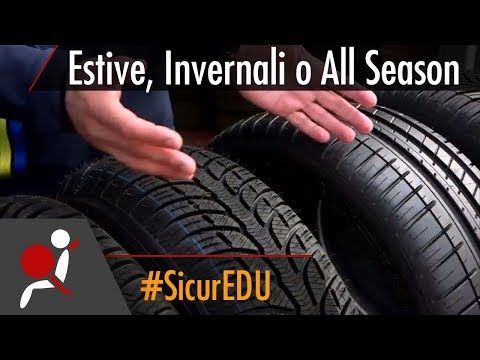
Websites: www.douglastires.com & www.walmart.com
Shopping for tires for your car, compact SUV, or crossover and you’ll probably come across these Douglas All-Season tires sold exclusively at Walmart.
Douglas All-SeasonsTake, for example, a Douglas All-Season 205/55/16 found on a newer, base model Toyota Corolla, at $63 per tire or $252 before taxes, these Douglas All-Seasons are an absolute bargain.
Best tires for Off Roading
Please enable JavaScript
Best tires for Off Roading
At that price, you’re going to ask yourself, are these Douglas All-Seaons any good?
Here’s why Douglas All-Seasons are, at best, a more than OK tire, a tire brand and model you can feel confident spending your hard-earned dollars on.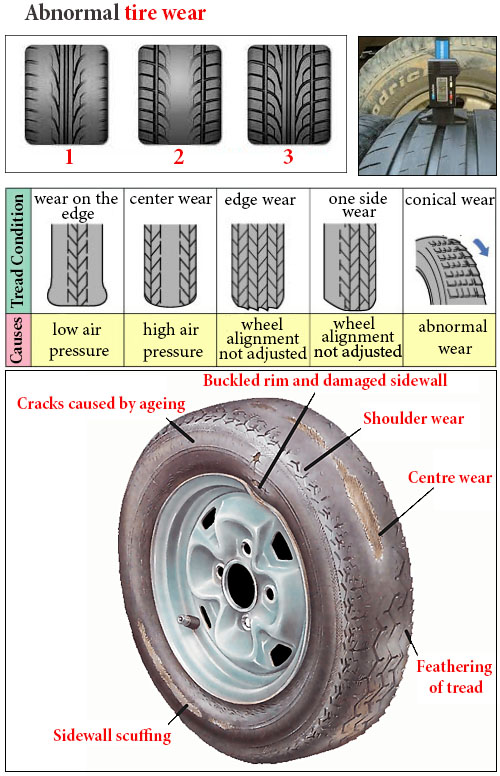
According to Douglas Tires, they’ve been doing business for over 25 years and label themselves as, “the smart choice for dependable versatility at an everyday value.”
Douglas tires are made by Springfield, MO-based Kelly Tires and is itself a subsidiary of the Akron, OH-based Goodyear Tire and Rubber company.
As you can see on the Douglas trademark registration page, Goodyear has owned Douglas tires since 1992.
Based on this zoom-in of a Douglas All-Season tire, it says Douglas Tires are made in the U.S.A.
Douglas tires are made in AmericaDouglas tires are American made, a point to keep in mind when cross-shoping against, for example, Goodyear Reliants which, while some Reliants are made in the United States, many Reliants are stamped, “Made in Mexico.”
According to Douglas,
The Douglas All-Season Tire is designed for cars and minivans and offers a comfortable, quiet ride.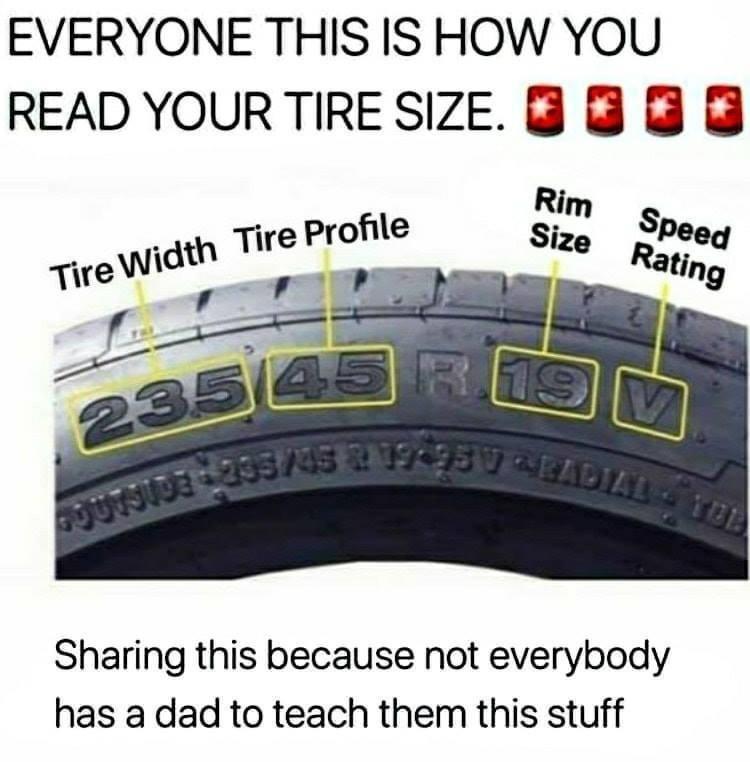 Circumferential grooves and blades and center line notches improve traction in both wet and dry conditions.
Circumferential grooves and blades and center line notches improve traction in both wet and dry conditions.
Key features include,
All of my research for these Douglas All-Seasons comes directly from reading customer reviews.
At over 2,450 reviews for these Douglas All-Seasons, there are some broad generalizations you can make.
Reading through literally dozens of reviews, not many reviews specifically mention dry weather performance, but many do gush over how well these Douglas All-Seasons perform in all types of weather.
“I like the Douglas All-Season tires because they are softer and stick to the road better than a hard tire, “says five star reviewer Jonathan on Oct 25,2021.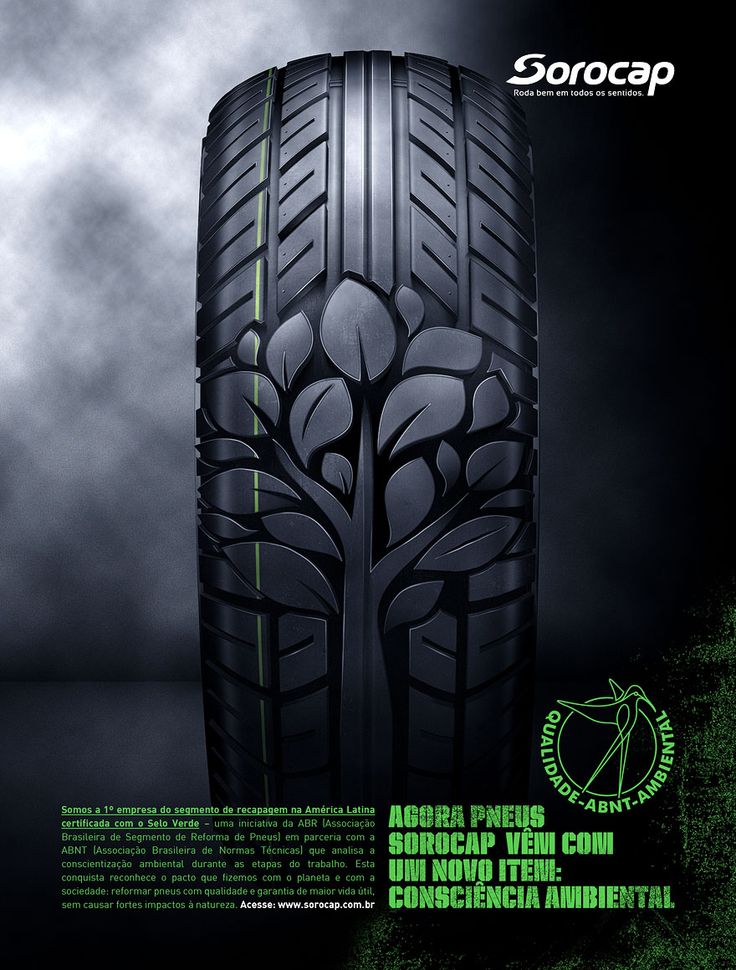
“I have been running Douglas on every vehicle I’ve owned,” says five star reviewer Garret on Nov 26,2021. “I have never had any issues. Great traction in all weather. As well with handling well.”
While many reviews mention good performance in all-seasons, there are a few reviews that mention lack luster performance when it gets wet.
I would keep this in mind if you live in a place that gets a lot of rain.
For example, Reviewer Wiredart23 mentions, on January 1, 2017, “The tires performs well on wet roads. It displaces water and still have control of the vehicle. It handles no difference from expensive tires.”
“The tires performs well on wet roads, says 5-star reviewer Fred on April 23, 2020. “It displaces water and I still have control of the vehicle. It handles no difference from expensive tires.”
Contrast that to this review below.
“No good for raining days, “says a two-star reviewer Jorge on Nov 11,2021. “No grip. I don’t want to know what’s going to happen in snow. Maybe these are good for dry places, but no good for New York weather.”
“Avoid if it rains often where you live,” says two star reviewer Grimspace on Nov 27,2017 “Terrible traction in the rain even at low speeds in my ’06 Camry.”
From the reviews I’ve read, these Douglas All-Seasons seem to deliver decent snowy roads performance.
“So far I really like them,” says five star reviewer Jules on Dec 21,2016. “I got the tires right when we had a snow storm, and they grip far better than the tires that were on my car. I think having all-season tires makes a big difference for snow. My old tires were Goodyear ( I believe touring) and even when they were new did not get through the snow and slippery roads as well as these do.”
“All season, but performed extremely well in the Midwest snow this past winter,” says five star reviewer Nate on Aug 6,2021 “Put a set of four on a 2009 Civic and it was a beast in the snow without chains.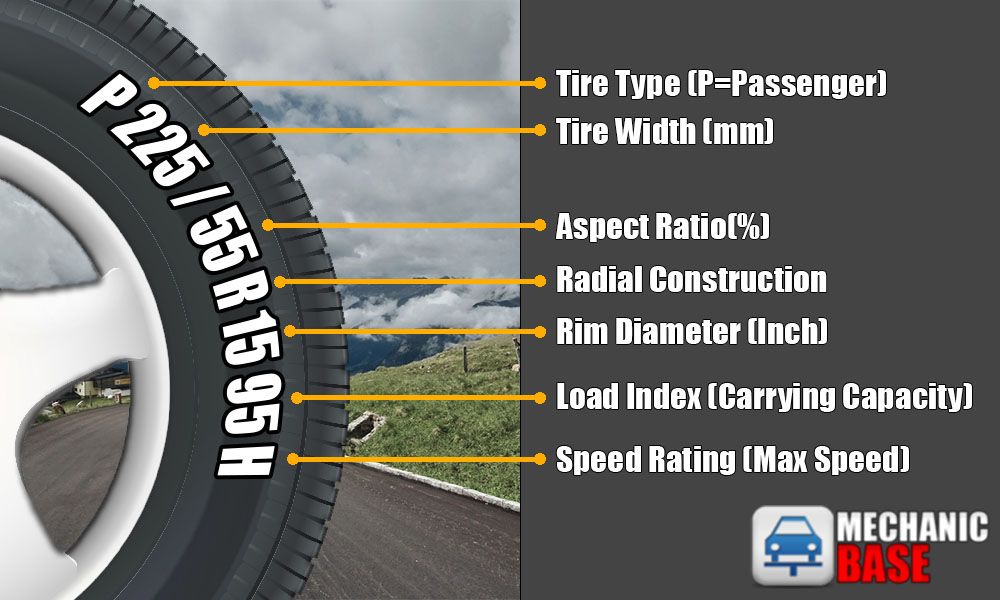 ”
”
“I live in the northern part of Ohio and they are great in snowy conditions and wet conditions,” says five star reviewer Zachary on July 4, 2021. “Regular rotation of them leads to a decent life.”
While there are a handful of negative reviews that point out how much louder and harsher these Douglas All-Season tires are compared to their old tires, I’ve found a lot of reviews saying how these Douglas All-Seasons are much smoother and quieter.
“These Douglas tires are more affordable, offer better traction and a have quieter ride than some Hankook tires I had on my van,” says five star reviewer Holcin on May 6,2021.
“I installed these on my 2010 Escape. They are super quiet and are fabulous in the rain…,” circling back to Fred’s aforementioned comments.
“I can say that so far they are quiet, the ride is comfortable, the car handles beautifully and did fine in the snow last week,” says five star reviewer steveNewarkIL on Dec 9, 2016.
“Car feels solid and stable and they are surprisingly quiet,” says five star reviewer Scooter on Mar 2, 2017.
Douglas All-Seasons have a 45,000 mile limited treadwear warranty.
Douglas Tires does not list any information how they actually deliver on that treadwear warranty but, from what I’ve read, your local Walmart Tire and Lube center should be able to help you out in this regard.
I imagine the treadwear warranty works similarly as the one listed on Goodyear’s website.
If you keep record of your tire rotations using the “prescribed rotation patterns as recommended by either the vehicle manufacturer” and find that these Douglas All-Seasons do not last up to 45,000 miles, you’re more than likely entitled to a Walmart-only pro-rated discount.
For example, if your Douglas All-Seasons last only 30,000 miles and you present proof of purchase and record of rotations to your local Walmart Tire and Lube Center, they should theoretically give you a 33% discount towards a new set of the same tires.
Based on the reviews I’ve read, it really seems like the Douglas All Season tire is a decent all-rounder.
The Douglas All-Season is nothing fancy, it has a basic, unoffensive sidewall pattern, a run-of-the-mill tread pattern that looks like it does well in any condition, and a middle-of-the-road tire compound that’s not too hard or soft.
As mentioned, the reviews that are critical of these All-Seasons performance when it gets wet is something to keep in mind.
If you’re on a budget or are just looking for a set of new tires, I have no reservations recommending Douglas All-Season tires.
If you live in Phoenix, AZ, these would be a no-brainer.
But, if you live in rainy Seattle, WA, I feel less confident recommending these.
Like all tires, performance and tread life drop off significantly when you don’t do the most basic tire maintenance, so keeping these Douglas All-Seasons pumped up to their manufacture prescribed PSIs as well as rotating them when it’s time for a tire rotation is key to get the best out of these budget tires.
All-weather tires, judging by the name, can be used all year round. But there are some nuances. On average, these wheels show their properties well in the temperature range from -7 to +15 and work perfectly in the off-season, rain and slush. We recommend using this type of wheel in regions with mild winters, such as the Southern Federal District of Russia. For severe winter conditions in the middle lane and to the north, winter tires will be the safest option.
But there are some nuances. On average, these wheels show their properties well in the temperature range from -7 to +15 and work perfectly in the off-season, rain and slush. We recommend using this type of wheel in regions with mild winters, such as the Southern Federal District of Russia. For severe winter conditions in the middle lane and to the north, winter tires will be the safest option.
The material collected a list of the most successful, in our opinion, models of all-season tires. Many of them received high marks in car tests.
Continental AllSeasonContact is the top tire in Auto Zeitung's all-season tire test and second in AutoBild's 2021 all-season tire test.
Thanks to the addition of polymer components to the rubber compound, the tires perfectly adapt to different types of surfaces. The directional tread design improves wet and dry braking performance.
The well-thought-out arrangement of the tread elements in the shoulder areas helps to effectively remove fluid from the contact patch and reduce the likelihood of hydroplaning. A particularly durable tread with a small number of sipes improves the tenacity of the wheels on a dry roadway.
A particularly durable tread with a small number of sipes improves the tenacity of the wheels on a dry roadway.
Due to the quality of the rubber compound, improved sidewall design and optimal tread height, the tires have low rolling resistance and help reduce fuel consumption.
Advantages:
Weaknesses:
Reviews of Continental AllSeasonContact
Michelin CrossClimate+ all-season tires provide excellent performance and stable handling in dry and wet conditions.
The tread design combines two types of sipes. The combination of tread elements provides tires with reliable traction, precise handling and rapid fluid removal. Tires have excellent grip also thanks to the updated rubber compound.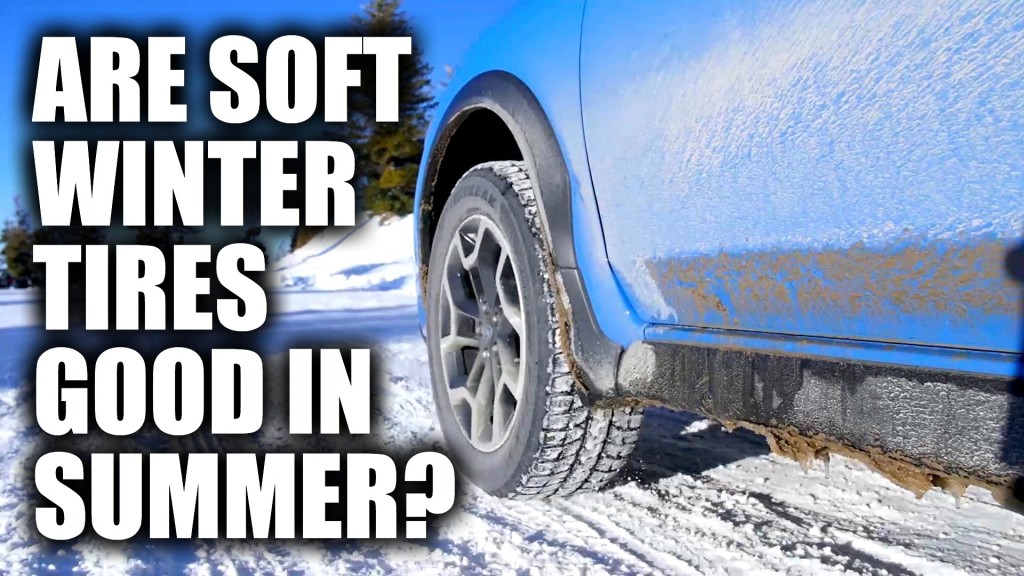 The quality of the rubber compound helps to increase the tenacity of the wheels on dry, wet and snowy surfaces. The rubber compound also improves wear resistance and reduces fuel consumption.
The quality of the rubber compound helps to increase the tenacity of the wheels on dry, wet and snowy surfaces. The rubber compound also improves wear resistance and reduces fuel consumption.
Deep drainage channels quickly remove liquid from the contact patch and reduce the risk of hydroplaning. Smooth tread edges help reduce wheel deflection while driving and improve dry traction.
Advantages:
Weaknesses:
Reviews of Michelin CrossClimate +
All-Season Goodyear Vector 4Seasons GEN-3 ranked 1st in Auto Bild's 2021 All-Season Tire Test. 16 models took part in the tests.
The symmetry of the tread allows the tires to handle consistently on wet surfaces and excel in fluid and snow evacuation. Tires demonstrate good traction properties and excellent performance on different surfaces at any time of the year.
The tread pattern provides for large curved blocks and additional sipes located in the center. Their grippy lip helps the wheels provide sure-footed grip on slippery roads in the off-season. Reinforced shoulder areas help reduce tire deflection when maneuvering on dry pavement.
The Goodyear Vector 4Seasons GEN-3 has increased mileage and reduced rolling resistance compared to its predecessor.
Advantages:
Weaknesses:
Goodyear Vector 4Seasons GEN-3
The
Bridgestone Weather Control A005 Evo is an all-weather wheel that offers excellent grip on wet pavement. On the European label, this parameter is marked with the letter "A". The tires placed fifth out of twelve in the all-season SUV tire test conducted by Auto Bild Allrad.
The tires placed fifth out of twelve in the all-season SUV tire test conducted by Auto Bild Allrad.
Compared with the previous model of the line, the new model has better traction properties, and the braking distance has decreased by 3%. The improvement in the properties of tires was due to an updated rubber compound and an optimized V-shaped tread pattern with zigzag sipes.
The prefix "Evo" in the name means that NanoPro-tech technology was used in the production of wheels. With the help of it, the cross-country ability of tires on snow cover has increased and fuel consumption has decreased. Thanks to technology and improved design, tires have increased their service life.
Advantages:
Weaknesses:
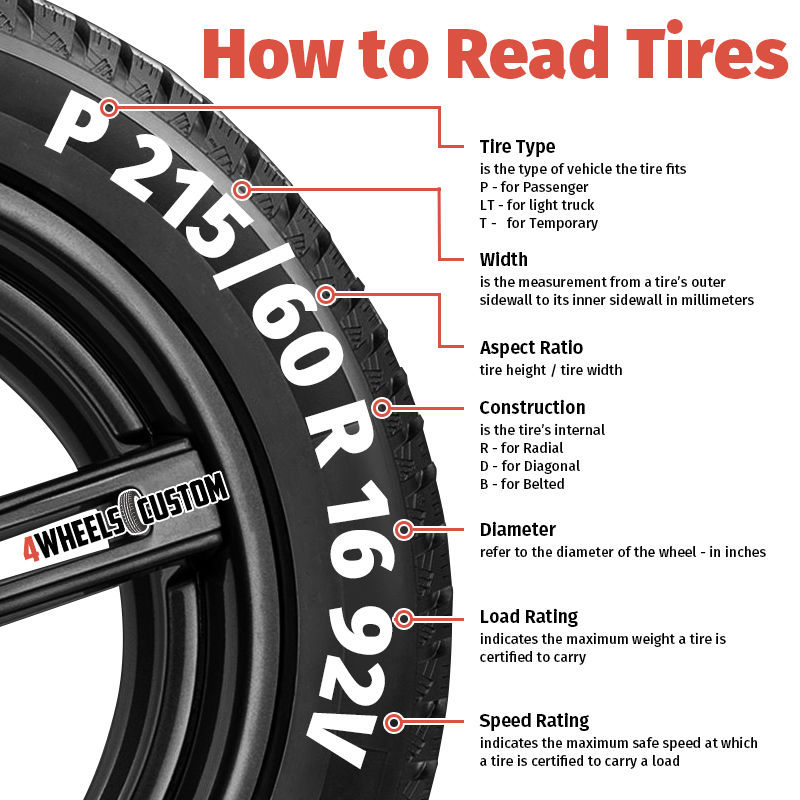
Bridgestone Weather Control A005 Evo reviews coming soon.
The new all-weather tires Pirelli Cinturato All Season SF2 will delight you with comfort and safety in the summer season, during the off-season and in mild winter conditions. Can be used for city traffic and long car trips.
Due to the arrangement of the tread blocks, the tires provide acoustic comfort. Due to the evenly distributed mechanical load and pressure in the contact patch, the wheels have an increased service life.
Optimized rubber compound allows wheels to achieve high performance over a wide temperature range. The V-shaped directional pattern with zig-zag channels aids rapid fluid removal and stable handling on wet roads. Deep 3D sipes provide good grip on snowy surfaces.
Advantages:
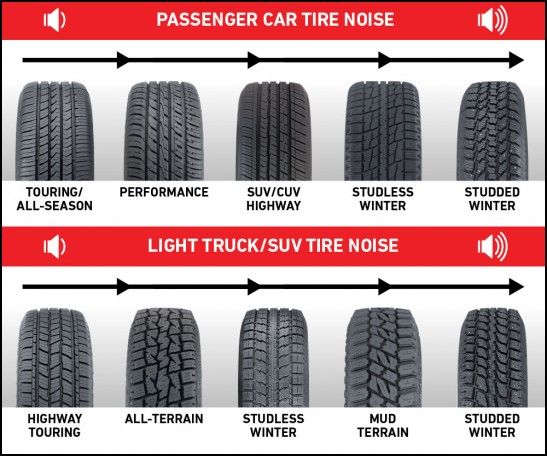
Weaknesses:
Pirelli Cinturato All Season SF2 reviews coming soon.
Hankook H750 (Kinergy 4S2) all-season tires for passenger cars and SUVs have an excellent price-quality balance. The improved tread pattern promotes confident handling on a variety of surfaces and helps improve braking.
A lot of silica has been added to the composition of the rubber compound. This component improves driving performance on wet and snowy surfaces. Silica also allows the wheels to save fuel. Tires are durable thanks to reinforced breaker plies and reinforced sidewalls.
Tires have increased stiffness, which is facilitated by large blocks of tread pattern and their location. The shoulder areas of the tires provide a good "grip" and contribute to improved handling. The drainage system of the tires effectively combats the effect of aquaplaning and allows the wheels to maneuver better on wet surfaces. The system of lateral grooves and longitudinal channels also contributes to confident behavior on roads in the slush.
The system of lateral grooves and longitudinal channels also contributes to confident behavior on roads in the slush.
According to the Auto Bild Allrad 2021 test results, where all-season SUV tires were tested, the model won 1st place.
Advantages:
Weaknesses:
Reviews of Hankook H750 (Kinergy 4S2)
Kumho Solus 4S HA32 tires belong to the class of high performance wheels. They have good driving and braking properties due to the tread properties and rubber quality.
V-shaped tread pattern - symmetrical non-directional - has many self-locking 3D sipes. Thanks to the design and the addition of silica to the rubber composition, the wheels grip confidently on wet and dry asphalt, and are also predictable during snowfall and slush.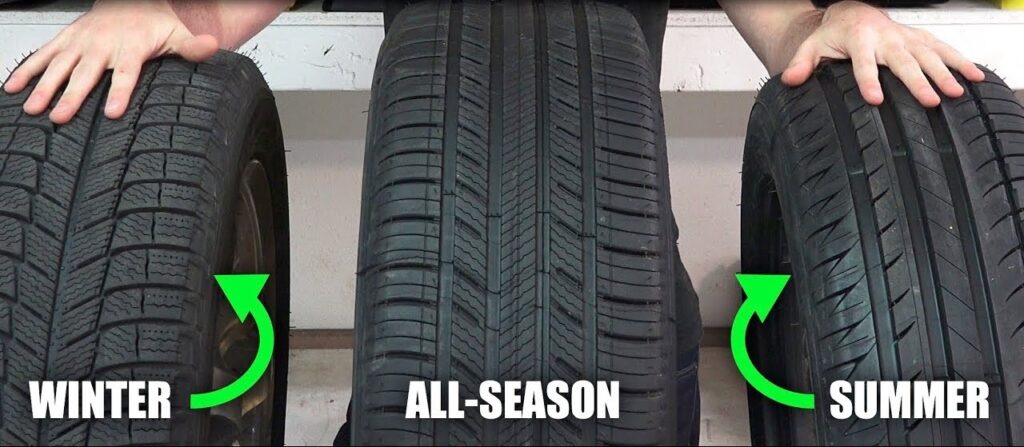 Tires effectively fight hydroplaning and behave well on wet pavement due to the wide grooves on the tread.
Tires effectively fight hydroplaning and behave well on wet pavement due to the wide grooves on the tread.
The braking performance of the model has improved by 15% when compared with its predecessor models. Grip properties on wet surfaces corresponds to the category "B" according to the euro label.
Advantages:
Weaknesses:
More Kumho Solus 4S HA32
Kormoran All Season tires for passenger cars and SUVs have a modern design and increased tread height for improved fluid drainage.
Silicon is added to the rubber compound. Due to the component, the wheels show good braking properties on wet and dry pavement. The directional tread design characteristic of all-season tires provides tires with predictable behavior on wet and snowy surfaces in the off-season. Tires have reinforced sidewalls.
Tires have reinforced sidewalls.
Advantages:
Weaknesses:
Reviews of Kormoran All Season
All-season tires are the category of wheels that we believe cause the most controversy. Some drivers use them as summer ones, others drive them all year round, even in harsh winter conditions. We remain of our opinion: at very low temperatures and heavy ice, “all-weather tires” will not be able to provide such safety as winter tires.
Until recently, drivers had no doubts: when frosts come, you need to use winter tires, and in the warm season - summer tires. However, this natural balance has been disturbed by the introduction of all-season models on the market, which, according to the promises of manufacturers, guarantee balanced performance in every season. However, are we dealing with a real revolution or just a marketing gimmick?
However, are we dealing with a real revolution or just a marketing gimmick?
All season tires designed to provide balanced performance in summer and winter. In their designs, solutions should be found that are typical for models intended for both periods, that is, more rigid sidewalls and a more flexible mixture. Wide surface contact surface and many lamellas and channels. Sounds too good to be true? In fact, some solutions are extremely difficult to coordinate with each other, so this does not affect the performance of tires in extreme conditions.
All-season models are therefore always a compromise. Tires designed for our climate are usually created on the basis of winter designs, given that this season there are increased requirements for tires. They have elements from summer solutions added to them to balance the design a little, but the base itself has a much more winter character.
This is of course only a theory as tire manufacturers try to outdo each other with new ideas and solutions in an attempt to entice drivers to buy. Therefore, instead of analyzing the design of selected tires from individual market segments, we will consider their performance in various conditions, based on the opinions of experts.
Therefore, instead of analyzing the design of selected tires from individual market segments, we will consider their performance in various conditions, based on the opinions of experts.
In this article we will use the data of one of the most authoritative experts in the industry - the German automobile club ADAC. The entire automotive environment is waiting for the seasonal tests of this organization, and many drivers, based on their results, make the final decision on choosing a particular model. The German organization checks all-season, as well as summer and winter tires annually. We compared the results of individual tests to get an idea of how different types of tires perform under certain conditions. For clarity of results, we used the three most recent tests for each tire type:
A direct comparison of tests on tires of these different sizes is of little comparative value and should therefore be considered more of a general trend.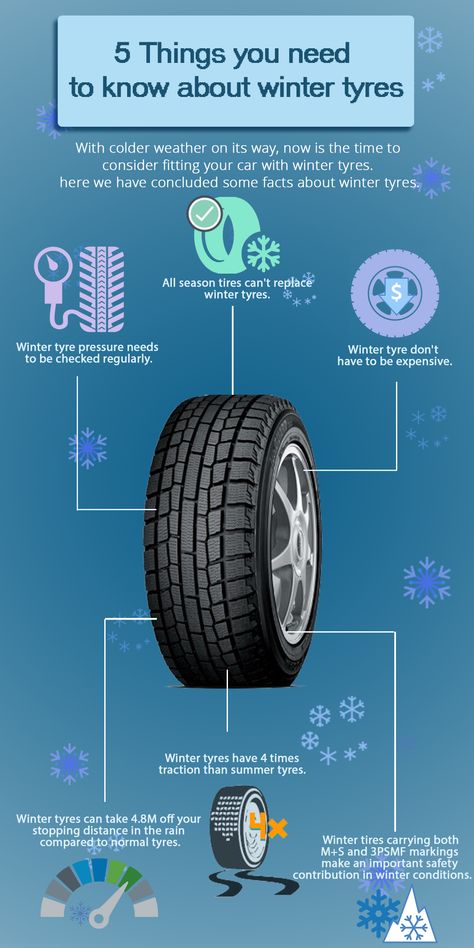 With this example, we will try to show how individual types of tires cope with the conditions that arise during year-round driving. Therefore, first of all, we will consider categories related to the behavior of tires on dry, wet, snowy and icy surfaces.
With this example, we will try to show how individual types of tires cope with the conditions that arise during year-round driving. Therefore, first of all, we will consider categories related to the behavior of tires on dry, wet, snowy and icy surfaces.
Most all-season tires can be considered winter tires - at least according to current regulations. If the tires have the Alpine symbol, that is, 3PMSF (snowflakes against the background of three mountain peaks), this means that they meet the minimum European requirements for safe movement during this period of the year. Winter tires are often marked with the M+S (Mud and Snow) symbol, but this is not regulated by law and can also be found on tires not necessarily made for that season. We do not recommend basing your decision solely on this label as it is just a manufacturer's declaration of winter performance. In some European countries, including Germany and Sweden, tires with the M+S symbol can only be considered winter tires until 2024.
All-season tires are treated as fully winter tires in ADAC tests. They are subject to the same evaluation criteria and standards. Summer tires are not tested on snowy and icy surfaces, so we exclude them from this comparison. Moreover, in winter it is categorically not recommended to use them because of the too thick mixture.
So, let's see how the tires that won prizes in winter and all-season tests showed themselves. Remember that ADAC scores on the German scale:
| Recommended all season tires | Snow handling | Ice behavior |
|---|---|---|
| 1. Nexen N Blue 4 Season | 2.7 ( satisfactory ) | 2. 2 ( good ) 2 ( good ) |
| 2. Continental AllSeasonContact | 2.3 ( good ) | 2.4 ( good ) |
| 3. Goodyear Vector 4Season G2 | 3.1 ( satisfactory ) | 2.4 ( good ) |
| Recommended winter tires | Behavior in the snow | Behavior on Ice |
|---|---|---|
| 1. Dunlop Winter Response 2 | 1.9 ( good ) | 2.5 ( good ) |
| 2. Kleber Krisalp HP3 | 2.5 ( good ) | 2.5 ( good ) |
| 3. Pirelli Cinturato Winter | 2. 4 ( good ) 4 ( good ) | 2.4 ( good) |
Summary of snow scores for all tires in both tests:
| Winter tires | All season tires | |
|---|---|---|
| Number of tires tested: | 16 | 9 |
| Rating - very good | - | - |
| Rating - good | 8 | 2 |
| Rating - satisfactory | 6 | 3 |
| Estimated - acceptable | 1 | 4 |
| Estimated - invalid | 1 | - |
| Average rating: | 2.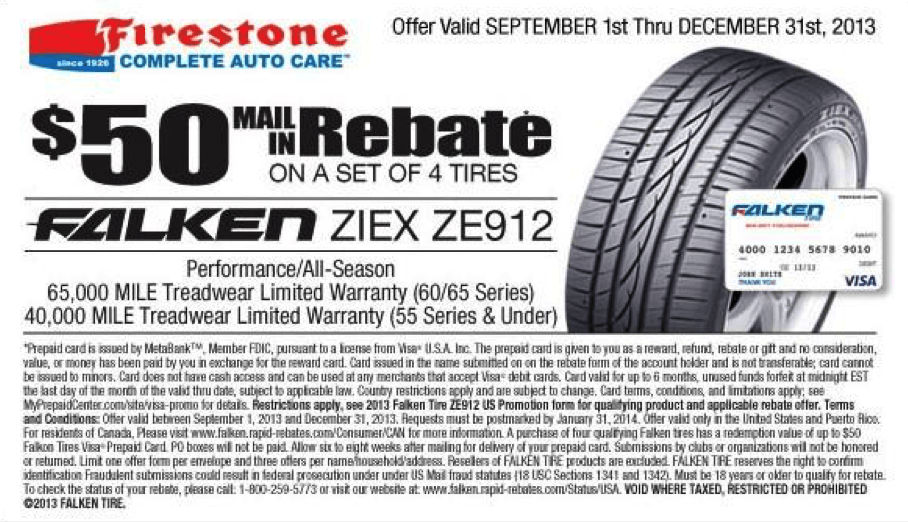 8 8 | 3.1 |
Summary of ice ratings for all tires in both tests:
| Winter tires | All season tires | |
|---|---|---|
| Number of tires tested: | 16 | 9 |
| Rating - very good | - | - |
| Rating - good | 13 | 8 |
| Rating - satisfactory | 3 | 1 |
| Estimated - acceptable | - | - |
| Estimated - invalid | - | - |
| Average rating: | 2.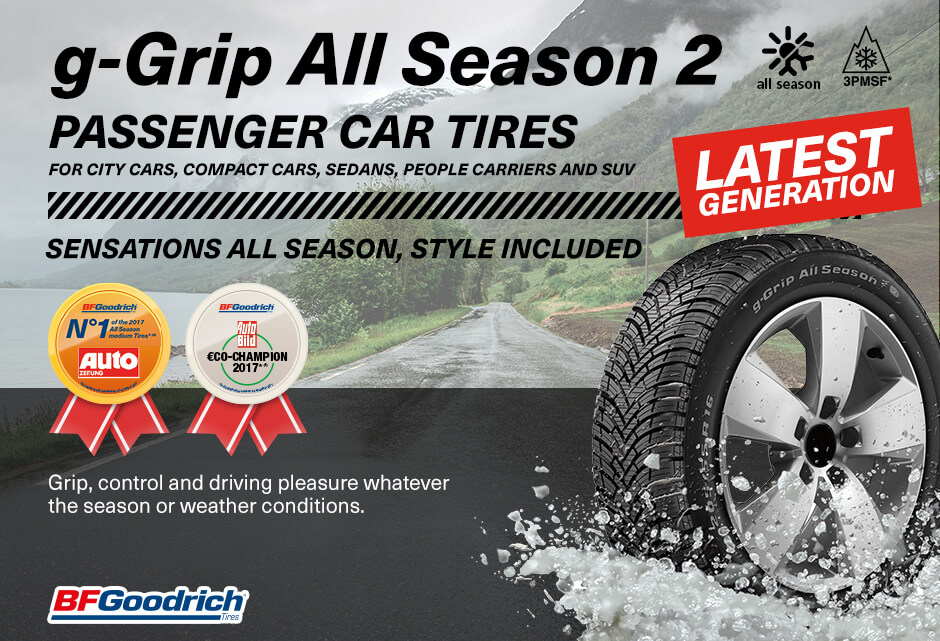 4 4 | 2.4 |
As can be seen from the test results, winter tires brake better on snowy surfaces. Most often this is due to the complexity of the sipe system, the task of which is to adhere to the pile and increase traction. The tires, however, performed very similarly on icy surfaces, with even minimal indications of an all-season model. So the differences are noticeable, although not as big as one might expect.
Summary: Winter tires are still the best choice if you often drive on snowy, unpaved roads or in a region where unexpected rain occurs. However, when we drive mostly on paved areas, and our only serious contender this season is icy surfaces, then good all-season tires should also work effectively.
Selection of winter tires:
In the case of testing in summer conditions, the main thing is that the tires perform well in dry and wet conditions.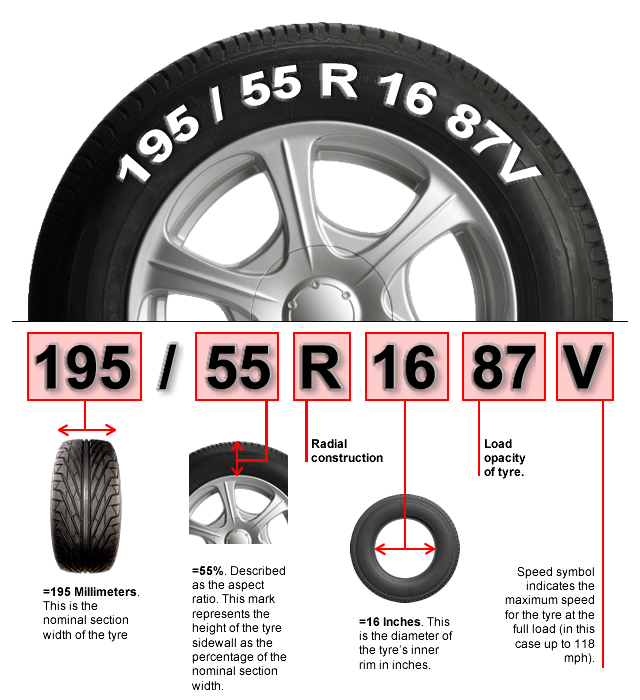 Due to the great importance for driver safety, we will separate these categories and analyze their results separately. Let's start with the most common summer conditions - dry surfaces.
Due to the great importance for driver safety, we will separate these categories and analyze their results separately. Let's start with the most common summer conditions - dry surfaces.
Dry behavior
Regardless of the tire's intended use, all models are dry tested. By using the same test methods, we can get a fairly clear picture of the individual tire types in the summer season.
The difference is how much this factor affects the tire's overall rating in the overall rating. For summer models, the dry surface rating is 20% of the overall model rating, for winter and all-season models - 15%. These differences are even more pronounced in the case of rainy tests, which we will discuss later in the text.
So let's take another look at the best tires ranked by ADAC:
| Behavior on dry surfaces | |
|---|---|
| 1. Nexen N Blue 4 Season | 2.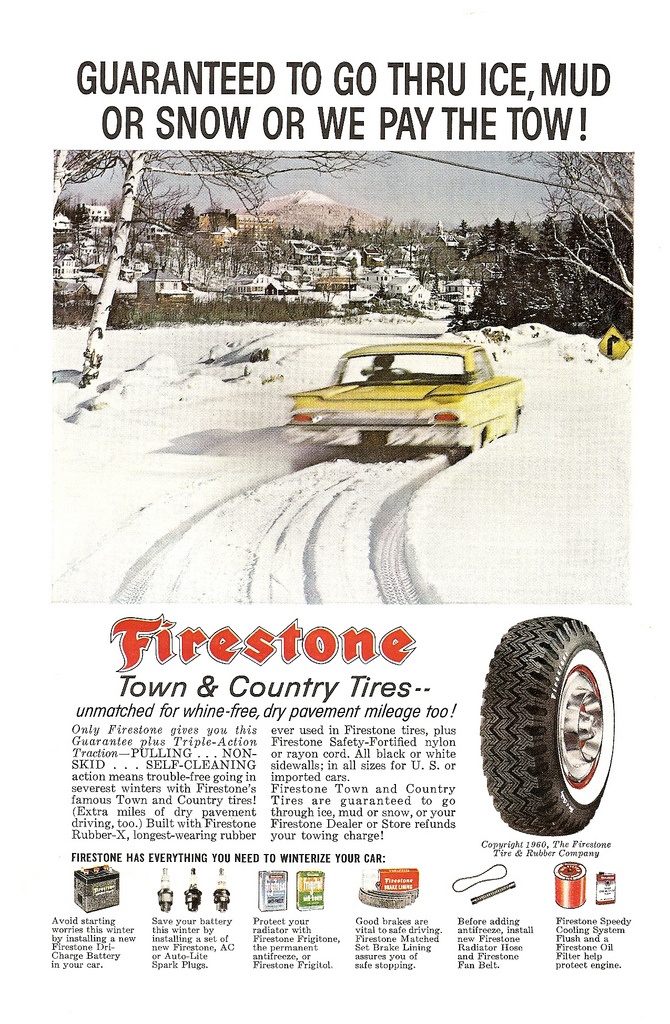 7 ( satisfactory ) 7 ( satisfactory ) |
| 2.Continental AllSeasonContact | 3.0 ( satisfactory ) |
| 3. Goodyear Vector 4Season G2 | 3.3 ( satisfactory ) |
| Recommended summer tires | Behavior on dry surfaces |
|---|---|
| 1. Continental PremiumContact 6 | 2.4 ( good ) |
| 2. Michelin Pilot Sport 4 | 1.9 ( good ) |
| 3. Goodyear Eagle F1 Asymetric 5 | 1.7 ( good ) |
| Recommended winter tires | Behavior on dry surfaces |
|---|---|
1. Dunlop Winter Response 2 Dunlop Winter Response 2 | 2.3 ( good ) |
| 2. Kelber Krisalp HP3 | 2.1 ( good ) |
| 3. Pirelli Cinturato Winter | 2.4 ( good ) |
Summary of dry road ratings for all tires in tests:
| All season tires | Summer tires | Winter tires | |
|---|---|---|---|
| Number of tires tested: | 9 | 16 | 16 |
| Rating - very good | - | 1 | - |
| Rating - good | 1 | 13 | 8 |
| Rating - satisfactory | 7 | 2 | 7 |
| Estimated - acceptable | 1 | - | 1 |
| Estimated - invalid | - | - | - |
| Average rating: | 3. 0 0 | 2.1 | 2.7 |
Based on three tests carried out by ADAC, it was clear that the specialty summer tires perform best in dry conditions. Only two tires were rated below "good", and one model even received a "very good" rating (it was the Pirelli P Zero tire). Winter models performed slightly worse, with ratings ranging from “good” to “satisfactory”. Meanwhile, all-season tires have received only one award, the Quatrac 5 from Dutch premium manufacturer Vredestein. This can be a big disappointment for some drivers who prefer more dynamic driving in the summer season.
But why not use winter tires in summer if they get positive feedback from experts? First of all, because of the soft rubber compound, which wears out quickly at positive temperatures. In addition, such a tire will generate more noise while driving and may affect rolling resistance. Summer tires will also be more stable at high speeds thanks to the stiffer side tread design.
Wet behavior of tires
Regardless of the season, driving can be accompanied by rain. Therefore, wet surfaces are an extremely important aspect in tire development, and tire manufacturers are constantly trying to convince the customer that their models effectively protect against skidding or aquaplaning.
According to a study by the German ADAC, a wet surface is the key to the final result of a tire in the entire ranking. For summer models, this is 40% of the score, for winter and all-season models - 30%. Therefore, this is an even more important aspect than driving on a dry road.
Which tires are best for these conditions? Again, let's take a look at the three German ADAC tests and the models they represent:
| Wet behavior | |
|---|---|
| 1. Nexen N Blue 4 Season | 2.3 ( good ) |
2. Continental All Season Contact Continental All Season Contact | 1.9 ( good ) |
| 3. Goodyear Vector 4Season G2 | 1.8 ( good ) |
| Recommended summer tires | Wet behavior |
|---|---|
| 1. Continental PremiumContact 6 | 1.7 ( good ) |
| 2. Michelin Pilot Sport 4 | 2.0 ( good ) |
| 3. Goodyear Eagle F1 Asymetric 5 | 2.3 ( good ) |
| Recommended winter tires | Wet behavior |
|---|---|
| 1. Dunlop Winter Response 2 | 1.9 ( good ) |
2.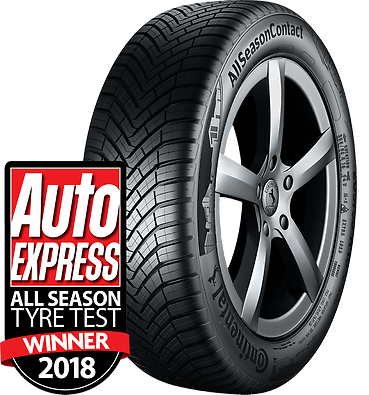 Kelber Krisalp HP3 Kelber Krisalp HP3 | 2.3 ( good ) |
| 3. Pirelli Cinturato Winter | 2.0 ( good ) |
Summary of wet ratings for all test tires:
| All season tires | Summer tires | Winter tires | |
|---|---|---|---|
| Number of tires tested: | 9 | 16 | 16 |
| Rating - very good | - | - | - |
| Rating - good | 4 | 8 | 8 |
| Rating - satisfactory | 4 | 7 | 7 |
| Estimated - acceptable | 1 | 1 | - |
| Estimated - invalid | - | - | 1 |
| Average Score: | 2. 6 6 | 2.5 | 2.6 |
As the ADAC test results clearly show, most models on the market handle wet surfaces well or satisfactorily, no matter what type of tire we are dealing with.
Summary : In wet conditions, the vast majority of tires tested by the German organization received recommendations and their scores were very similar. Thus, there is no clear difference whether we choose a summer, winter or year-round model, which should not come as a surprise given the frequent occurrence of such conditions during both seasons. However, you can notice a significant difference in the behavior of the models on a dry surface. Summer tires unequivocally showed the best results in tests, most of the tested models showed good results. For winter and all-season tires, the results were divided, mainly into good and satisfactory.
Selection of summer tires:
Unfortunately, there is no single answer to this question.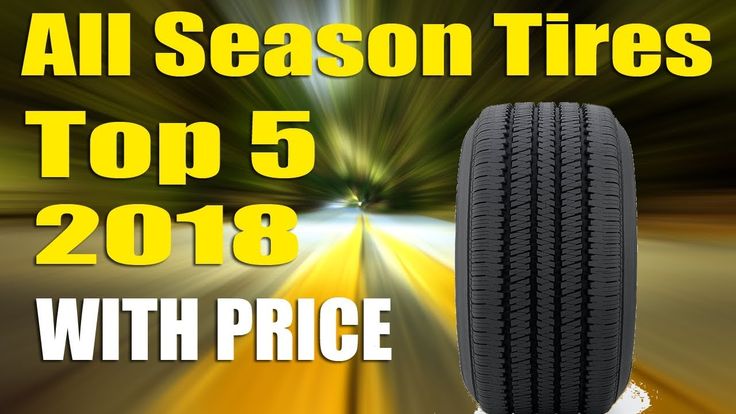 However, based on tests, you can try to determine which type of tire will best suit the individual needs of the driver.
However, based on tests, you can try to determine which type of tire will best suit the individual needs of the driver.
Seasonal tires recommended primarily for extreme conditions. When very high temperatures prevail, or vice versa, clearly negative, two sets of winter and summer tires are the best solution. This is largely due to the average characteristics of all-season tires, which are designed to work in all conditions. For this reason, the rubber compound does not have the same rigidity as the original summer tires, and not as flexible as in the case of special winter models.
| Dry surface | Wet surface | Ice surface | Snow covered surface | |
|---|---|---|---|---|
| Summer tires | +++ | +++ | Did not participate | Did not participate |
| Winter tires | ++ | ++ | ++ | +++ |
| All season tires | + | ++ | ++ | ++ |
However, this does not mean that all-season tires cannot be considered as a serious alternative.